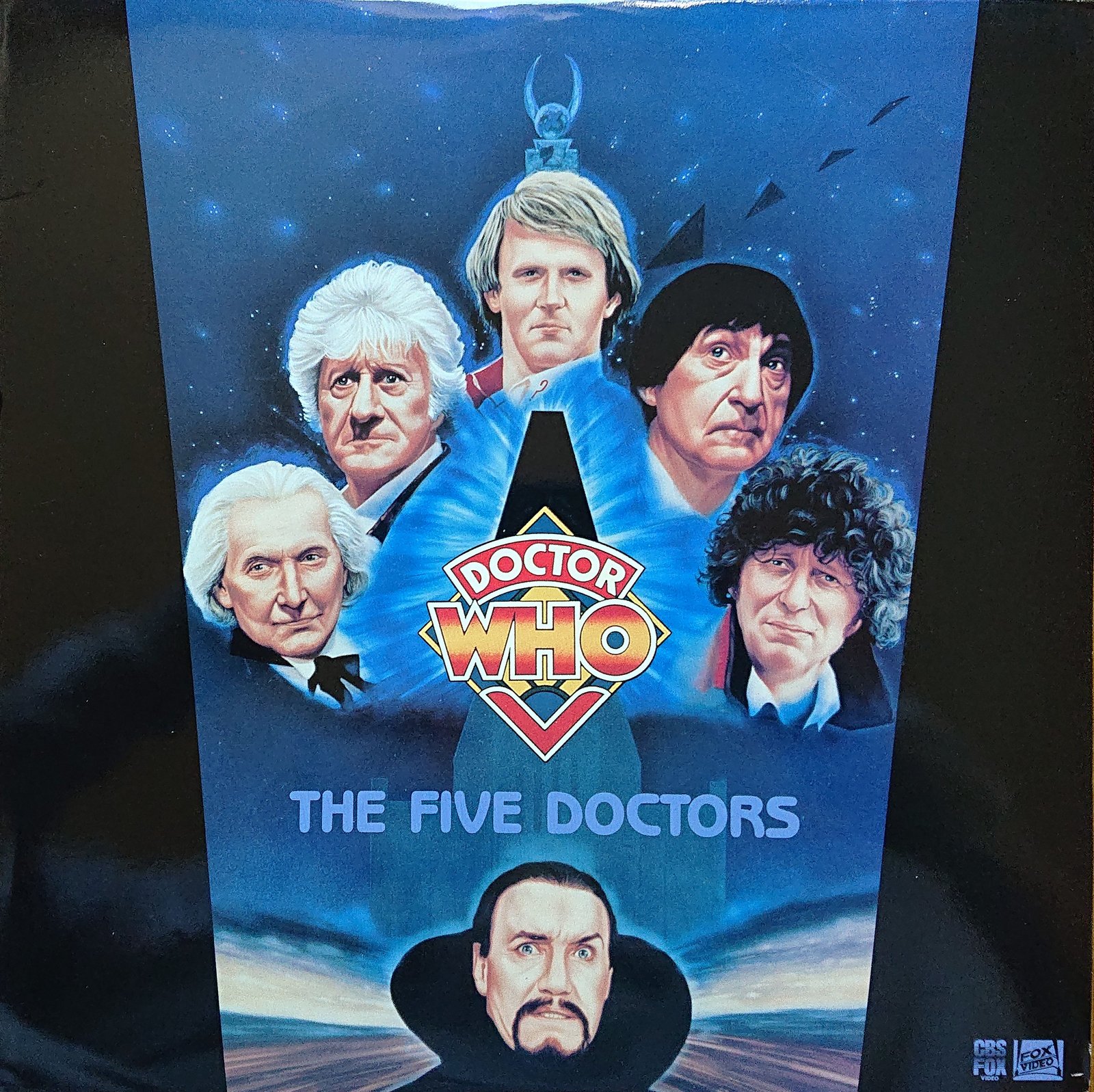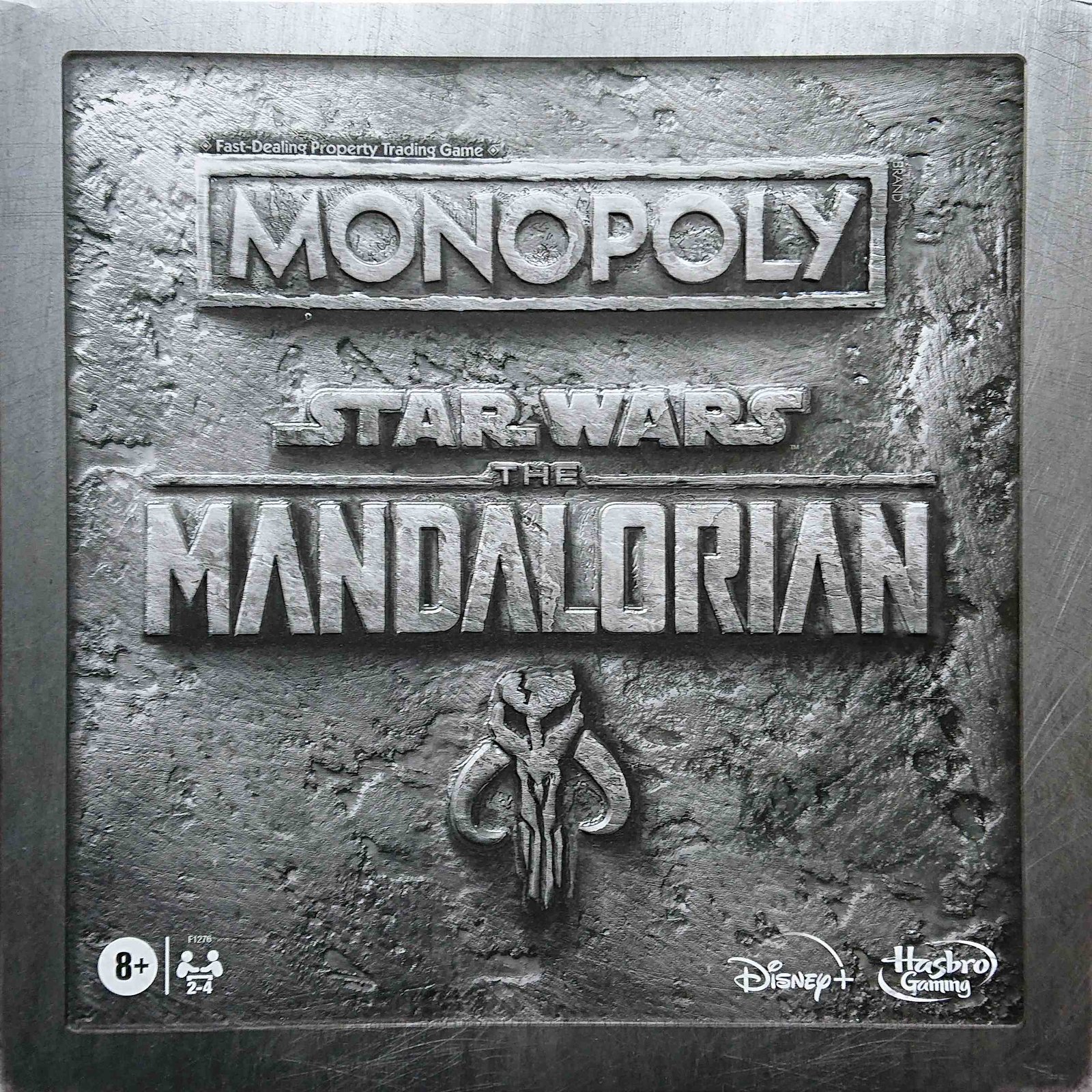BBC Cartridges-RCT, Anything else
Below is a listing from the Anything else Category.
Welcome to my listing of Anything else from my collection. To view a different section (for example the BBC Transcription discs if there are any for this), select the new section in the links section below.To view details of a particular release, simply click on the picture or the text which follows underneath in the display below. By viewing a release page, you will find a lot more information about that particular release which includes basic details of it like the artist and year of release, any track details for the release (if applicable), lists of other similar releases as well as any other pictures I have taken. If there are linked videos, then you will be able to see the them in a form of a youtube embedded object into the webpage!
For BBC releases, all releases are listed whether they are in my collection or not. You can check if I actually have it by selecting the link.
Please note that if you are aware of a BBC release not listed on these pages, then I would be very interested in hearing from you. Would you mind please contacting me using the Contact me page, link above? If you also have an item to sell, then you can use that same page to try to sell the item to me. I should add that the number of entries I don't have from the publicly available catalagues are now quite small. To make this easier for you, I have created a Titles I need page listing them all, see link above!
Other pages in this section

 Anything else - BBC Cartridges-RCT (RCT 8000-Y8F 8019)
Anything else - BBC Cartridges-RCT (RCT 8000-Y8F 8019)
The 8-track tape (formally Stereo 8; commonly known as the eight-track cartridge, eight-track tape, or simply eight-track) is a magnetic tape sound-recording technology that was popular in the United States from the mid-1960s to the early 1980s, when the Compact Cassette format took over. The format is regarded as an obsolete technology, and was relatively unknown outside the United States, the United Kingdom, Canada, New Zealand, Australia, West Germany and Japan. Stereo 8 was created in 1964 by a consortium led by Bill Lear of Lear Jet Corporation, along with Ampex, Ford Motor Company, General Motors, Motorola, and RCA Victor Records (RCA - Radio Corporation of America). It was a further development of the similar Stereo-Pak four-track cartridge introduced by Earl "Madman" Muntz (marketing and television set dealer), which was adapted by Muntz from the Fidelipac cartridge developed by George Eash. A later quadraphonic (four-channel sound as opposed to earlier more widely used stereo/two channel sound) version of the format was announced by RCA in April 1970 and first known as Quad-8, then later changed to just Q8.Catalogue number
Title
Artist(s)
Latest additions and updates - Anything else
Below are the latest items either added or changed on the website.Copyright
© 2002-2025 Mike Everitt.This page was last updated on: 1970-01-01
 Main menu
Main menu




